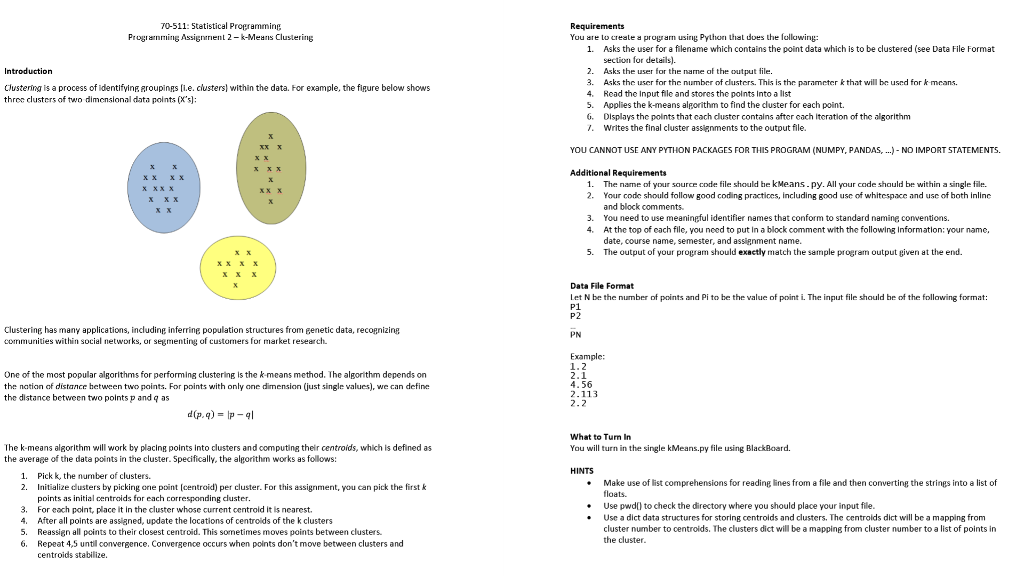


Plus, the python script runs perfectly fine when not run in the background. I've looked through the pyloudness pypi page and found that it states ffmpeg as a prerequisite for pyloudness – I have the latest version of ffmpeg installed on my Ubuntu machine. Loudness_stats = get_loudness(file) #run.py stops at this line I've narrowed down exactly which line run.py gets stopped at: from pyloudness import get_loudness #the function i'm importing Im SSHing into an Ubuntu 12.04 box and running a python program. Note that the timeout keyword argument to n is approximate. Also, me doing something while run.py is running isn't what's stopping it – if I leave it running it'll stop within like 10s. I know that I can append & to a command to run the process in the background. less no longer stops when a callable alias containing.

NOTE: Other python scripts are successfully running in the background, so I know run.py itself is the problem. A callable alias containing subprocess commands no longer freezes when piped to another command. like terminal echo becoming disabled after the Python process exits). + Stopped python3 run.py > happening here? How can I make it so the script runs FULLY in the background? Any help is appreciated, thank you. Bug 944: After the release of 2.1, package-style task modules started looking. However, after running the script and I try do something, the script stops. Primero, sin embargo, necesitará importar los módulos subprocess y sys a su programa: import subprocess import sys result n(sys. I'm currently trying to run a python script in the background so I can continue using the terminal. Event: error Event: exit Event: message Event: spawn subprocess.channel () () nnected subprocess.disconnect () subprocess.exitCode subprocess.kill ( signal) subprocess.killed subprocess.pid subprocess.


 0 kommentar(er)
0 kommentar(er)
